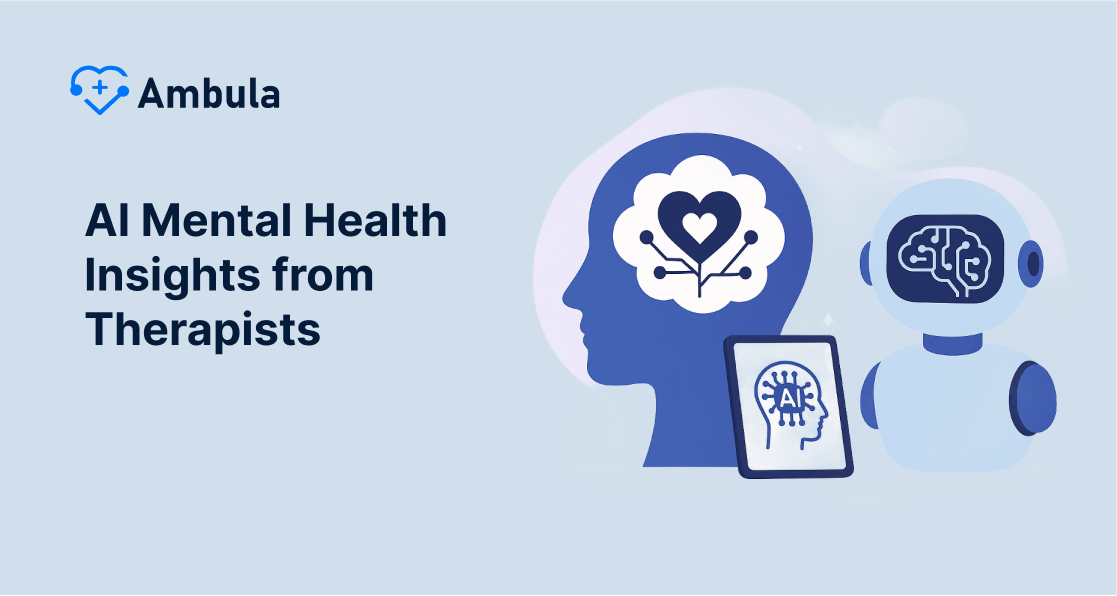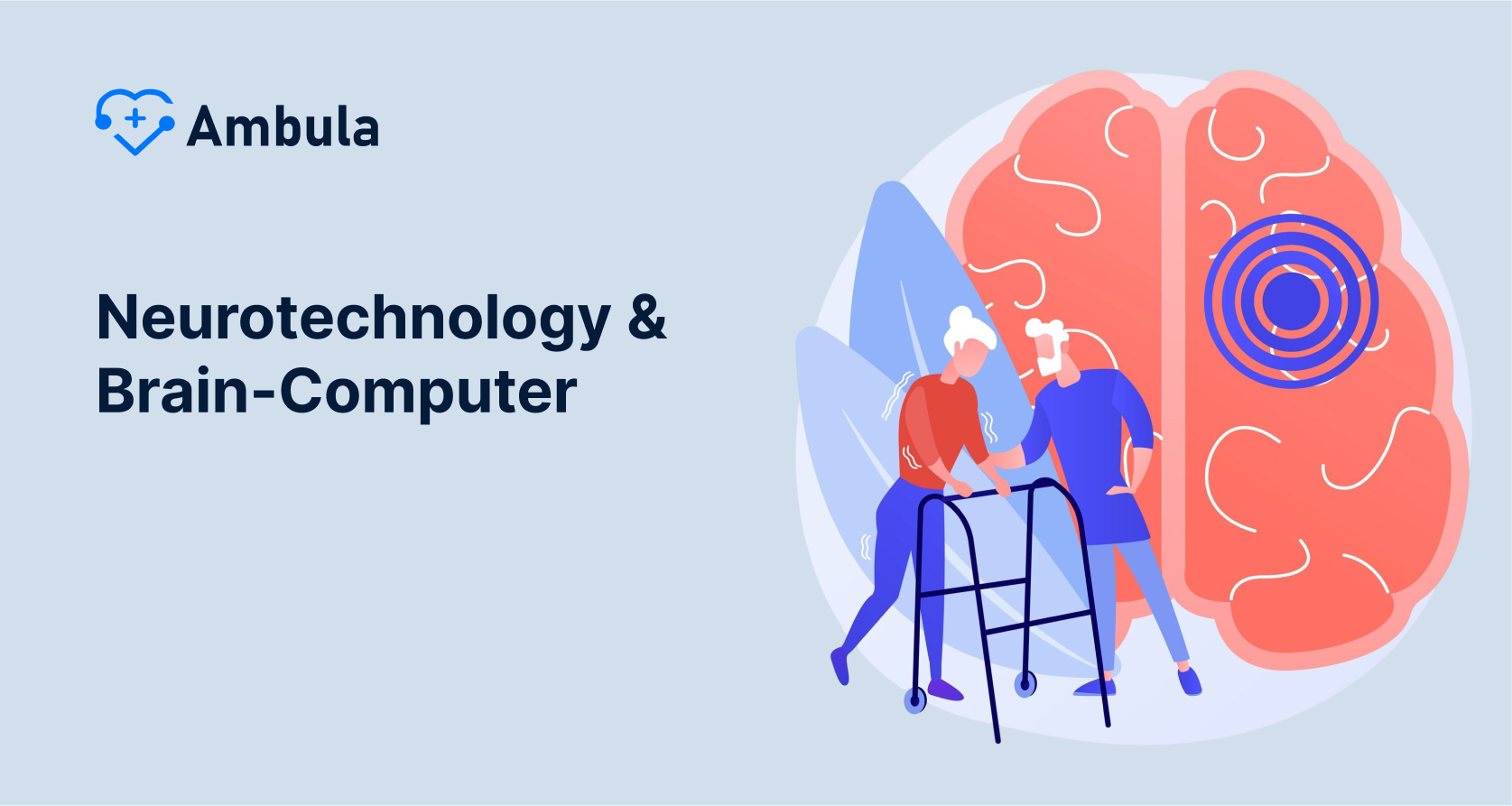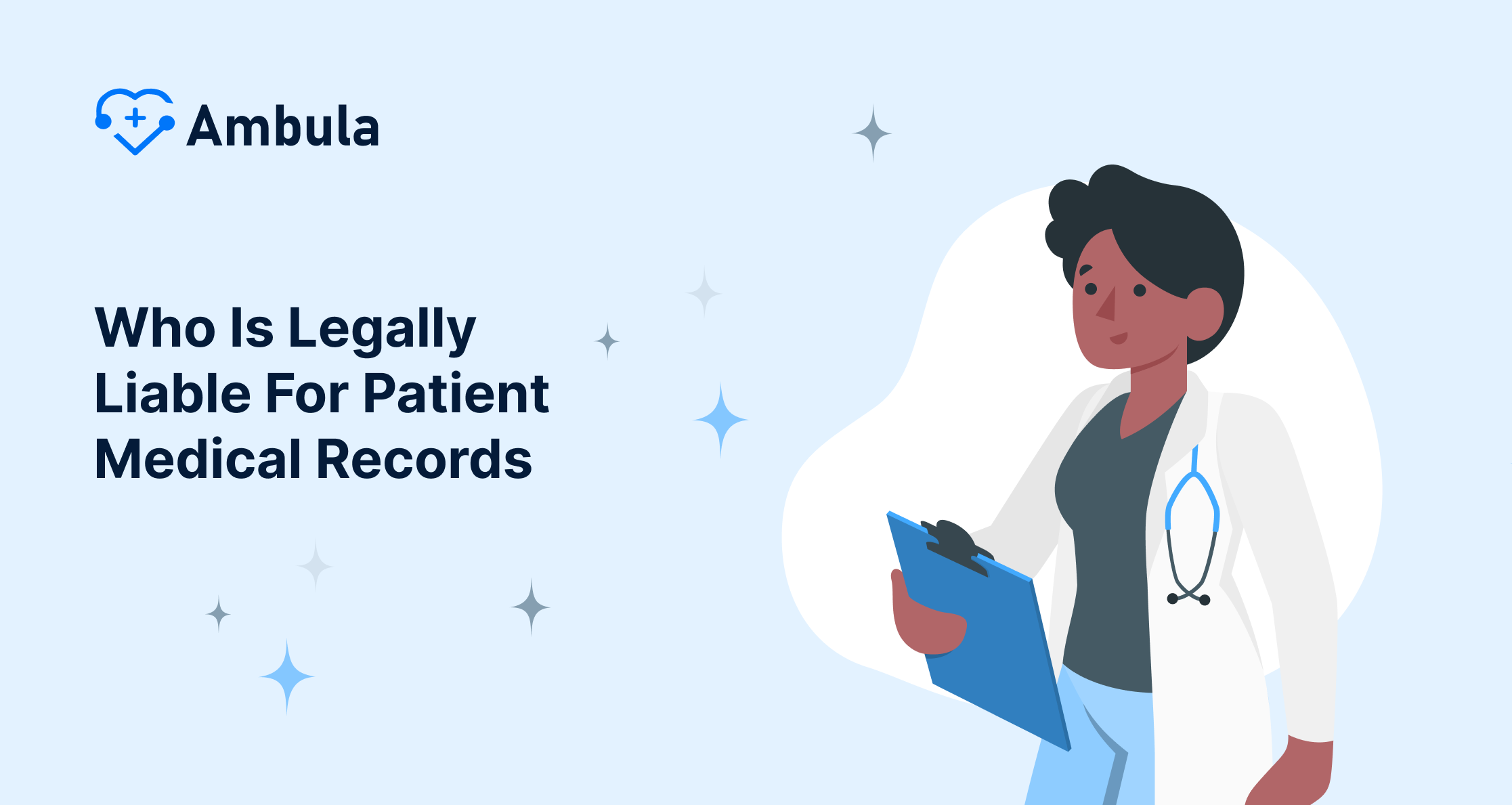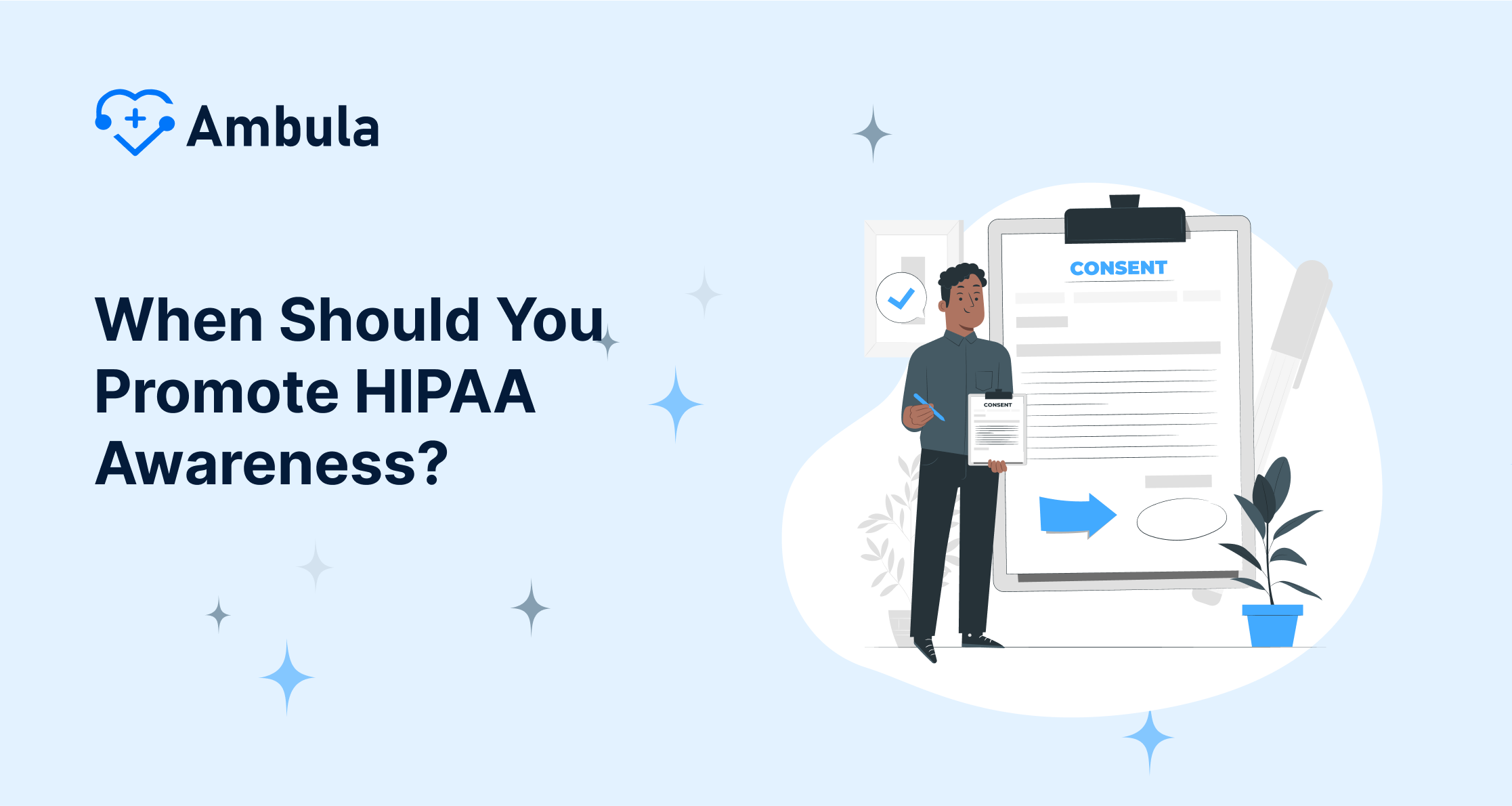A wave of transformation is sweeping across the healthcare industry, powered by a technology that has the potential to redefine medical care as we know it. This trailblazer, Artificial Intelligence (AI), promises a future where healthcare is not just a mere transaction of treatment but a personalized journey of healing and prevention. In this article, we will journey through AI’s current impact and its promising future in healthcare, diving deep into how it is set to reshape diagnoses, treatment plans, public health strategies, and potentially the essence of patient care. Prepare to immerse yourself in a riveting exploration of AI’s transformative potential in revolutionizing healthcare.
Efficiency and Accessibility
One major area where AI shines is in streamlining administrative burdens. Imagine the struggle of scheduling appointments, transcribing records, and managing paperwork disappearing. AI can handle these tasks remarkably efficiently, leaving doctors and nurses free to focus on patient care. Its capabilities extend beyond mundane administrative tasks, however. AI can delve into mountains of medical data, analyzing images, lab results, and electronic health records to identify patterns and potential anomalies that might indicate disease or risk factors. This previously time-consuming analysis for professionals can now be performed with incredible speed and accuracy, aiding in early detection and intervention.
AI plays a valuable role in supporting diagnoses as well. By analyzing vast datasets of medical cases, AI algorithms can suggest potential diagnoses and highlight relevant information from patient records, providing vital assistance to doctors. This collaboration doesn’t stop there. AI can also contribute to developing personalized treatment plans by analyzing factors like a patient’s medical history, genetics, and response to previous treatments. This can lead to more targeted and effective therapies, potentially improving patient outcomes.
Personalized Medicine
AI’s strength lies in its ability to analyze complex data, including electronic health records, genomic information, wearable device readings, and medical imagery. Armed with these diverse data points, AI algorithms can uncover hidden patterns and connections that might escape the human eye. They can identify subtle shifts in gene expression that hint at impending disease, pinpoint lifestyle habits that elevate risk, and correlate past treatment responses to predict the most effective therapy for you.
This data-driven approach paves the way for highly personalized treatment plans. No longer a one-size-fits-all approach, your treatment journey becomes uniquely yours. Imagine AI analyzing your tumor’s genetic mutations and recommending the most effective chemotherapy drug perfectly suited to your case. Or, envision AI interpreting your wearable data and medical history to predict heart attack risk, recommending preventative measures like targeted lifestyle changes or personalized medication adjustments. Even in the realm of mental health, AI chatbots can analyze your conversations, subtly identifying signs of depression or anxiety, paving the way for early diagnosis and tailored therapy.
Precision Diagnosis and Treatment
Forget the lone radiologist peering at an X-ray, searching for hidden clues. Imagine an AI system trained on millions of scans, analyzing the image with eagle-like precision. This is the revolution of AI in medical imaging, where machines surpass human limitations to detect diseases earlier than ever before.
AI’s secret weapon is its data superpower. Unlike individual experience, it devours vast libraries of medical images, learning the intricacies of normal and abnormal tissues and the whispers of hidden diseases. Its complex neural networks see beyond what escapes human eyes, detecting minute differences in size, shape, and texture – signs doctors might miss.
The impact is profound: earlier cancer detection, fewer false alarms, and faster turnaround times. Imagine lung nodules signaling early cancer, caught by AI before they blossom. Envision mammograms scrutinized with razor-sharp accuracy, preventing unnecessary biopsies. Even brain scans, once complex puzzles, yield their secrets to AI, revealing strokes and neurodegenerative diseases before symptoms appear.
Public Health and Epidemic Control
In the ever-present fight against infectious diseases, the need for efficient and effective containment strategies remains paramount. As these threats emerge and spread, traditional contact tracing methods and outbreak control often struggle to keep pace. However, a new and powerful ally steps into the ring: Artificial Intelligence (AI). By harnessing the power of AI, we can revolutionize how we track, contain, and ultimately conquer these contagious threats.
Imagine a scenario where manual interviews and laborious record-keeping don’t limit disease contact tracing. AI enters the scene, streamlining the process with lightning speed. Anonymized location data from smartphones is analyzed, pinpointing individuals who unknowingly crossed paths with an infected person. Gone are the days of slow and fragmented contact chains – AI paints a complete picture in mere moments.
But AI’s contribution doesn’t stop there. Imagine AI-powered chatbots acting as efficient communicators, reaching out to potential contacts, gathering crucial information, and guiding them through necessary protocols. This reduces the immense burden on public health officials, allowing them to focus on more complex tasks.
Economic Impact and Sustainability
Imagine a healthcare system where mountains of paperwork, scheduling nightmares, and administrative burdens melt away, freeing valuable time for doctors and nurses to focus on what truly matters: patient care. This transformation isn’t a distant dream; it’s being driven by the innovative power of Artificial Intelligence (AI).
AI is rewriting the healthcare script by automating repetitive tasks with incredible precision and becoming a powerful ally in diagnosis, treatment, and resource management. Picture this:
Diagnosis becomes a team effort: AI analyzes vast libraries of medical data, uncovering hidden patterns that might escape human eyes. It sifts through images, lab results, and genetic information, identifying subtle clues leading to earlier and more accurate diagnoses. This collaborative approach improves accuracy and opens the door to personalized treatment plans.
Treatment tailored to you: Gone are the days of one-size-fits-all treatments. AI considers individual factors like medical history, genetic makeup, and even response to past treatments, crafting personalized plans that target your unique needs. This precision approach often leads to faster recovery, better outcomes, and potentially less reliance on trial and error, ultimately reducing healthcare costs.
Real Stories of Healthcare Transformation
AI isn’t just a theoretical promise; it’s already impacting lives profoundly. Let’s meet some individuals who have experienced the transformative power of AI in healthcare:
Emily, the Early-Stage Cancer Survivor
Diagnosed with a rare form of cancer, Emily faced an uncertain future. However, an AI algorithm analyzing her genetic data identified a targeted therapy usually reserved for a different type of cancer. This “out-of-the-box” approach proved successful, and Emily is now cancer-free, a testament to AI’s ability to uncover hidden connections and personalize treatment.
Mark, the Stroke Victim, Regaining His Speech
After a stroke left Mark unable to speak, traditional therapy offered slow progress. Enter an AI-powered speech therapy app that engages him with personalized exercises and gamification. Mark’s progress accelerated dramatically, and he regained his ability to communicate, showcasing the potential of AI to revolutionize rehabilitation and empower patients.
Expert Perspectives on the Future of AI in Healthcare: A Glimpse into Tomorrow
Integrating AI into the healthcare landscape is no longer a question of “if” but “how.” Leading experts across various specialties are voicing their opinions and insights, shaping the conversation around the future of this transformative technology. Let’s delve into some key perspectives:
Dr. Eric Topol, Cardiologist, and Author
AI has the potential to revolutionize medicine, from streamlining workflows to enabling earlier and more accurate diagnoses. However, responsible development and a focus on human-centered care are crucial for ethical and effective implementation.
Dr. Vivienne Ming, AI Expert and Founder
AI can empower patients by giving them personalized insights and tools to manage their health. This shift towards patient-centric care, fueled by AI, will be a defining characteristic of future healthcare.
As AI continues to evolve, the future of healthcare promises exciting possibilities. By harnessing its power responsibly and ethically, we can build a healthcare system that is more efficient and effective, personalized and accessible for all. Remember, the opinions expressed here are diverse and nuanced, and the conversation continues to evolve. Staying informed and engaging in open dialogue is crucial for shaping the future of AI in healthcare in a way that benefits humanity.




